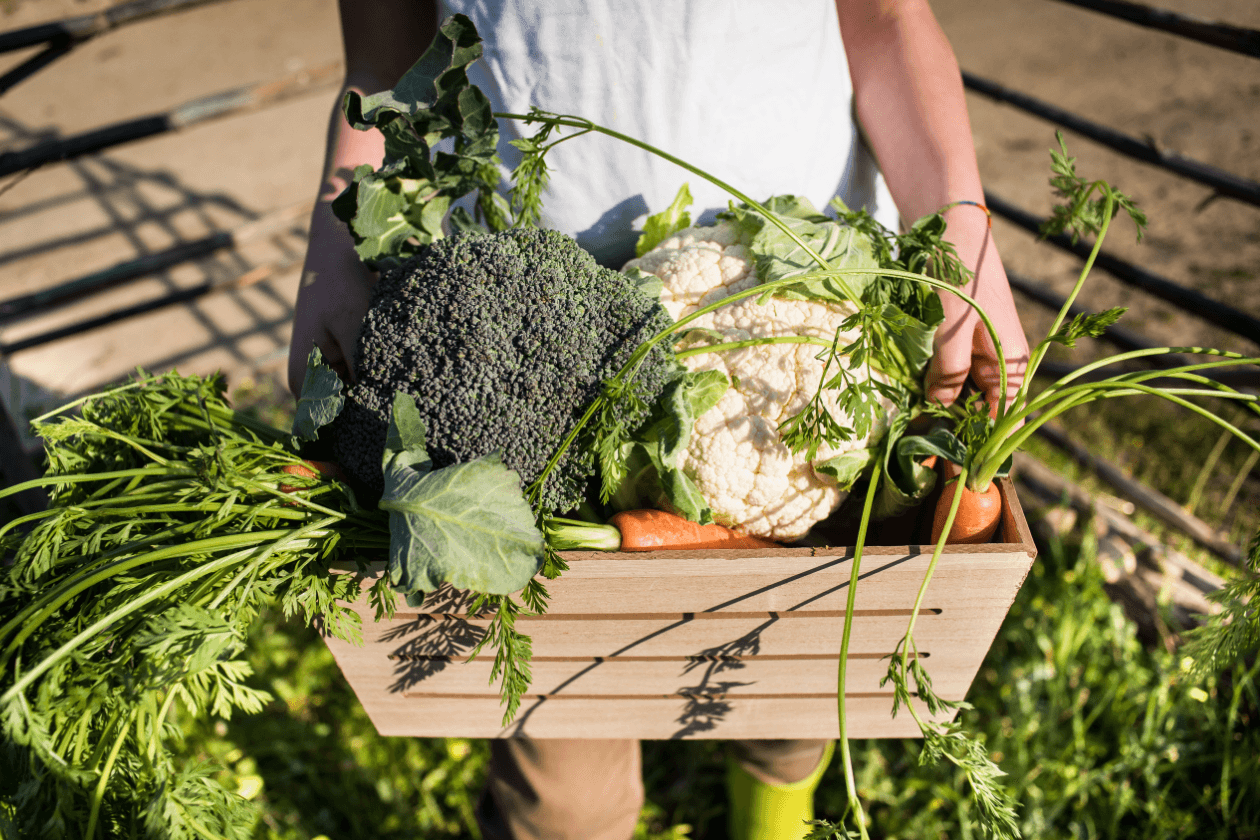What we eat affects more than just our bodies—it impacts our environment, communities, and future generations. Sustainable nutrition is about making food choices that nourish you while also caring for the planet. And it doesn’t have to be expensive or complicated.
What Is Sustainable Nutrition?
Sustainable nutrition is a way of eating that looks beyond calories and nutrients. It’s about choosing foods that support your long-term health, reduce environmental harm, and fit within your cultural and economic realities. In Australia, the Australian Dietary Guidelines and research from CSIRO support dietary patterns that are both healthy and environmentally responsible.
This includes:
- Eating more whole plant-based foods
- Reducing waste
- Choosing seasonal, locally grown produce
- Supporting ethical, sustainable farming practices
Why Choose to Eat Sustainably?
There are plenty of reasons to lean into more sustainable choices, and many of them go hand in hand with better health:
- Improved health outcomes: Diets based on whole plant foods—like fruits, vegetables, whole grains, legumes, nuts and seeds—are linked to lower rates of heart disease, type 2 diabetes, and certain cancers.
- Environmental impact – Food systems contribute significantly to greenhouse gas emissions in Australia. Choosing more plant-based meals can help lower this footprint.
- Less food waste: Did you know that around one-third of all food produced globally goes to waste? Planning your meals, using leftovers creatively, and storing food properly are small habits that make a big difference.
- Support for local producers: Buying local and seasonal food reduces transport emissions, supports small farmers, and often means fresher, more nutrient-dense food on your plate.
- Ethical food choices: Choosing food that’s responsibly sourced, including ethically raised animal products, reflects care for animal welfare and fair farming practices.
Sustainable Eating on a Budget
Eating sustainably doesn’t mean fancy superfoods or expensive organic-only shopping lists. It’s completely possible—and practical—to eat well and sustainably on a budget.
Here are some tips to make it work in real life:
Plan your meals to avoid food waste and overspending. Consider creating a list of your favourite recipes to make weekly planning quicker and easier.
Buy in bulk – Pantry staples like oats, beans, and rice are nourishing, versatile, and inexpensive—even when buying organic.
Eat seasonally – Local, in-season produce is usually fresher and more affordable. Try shopping at farmers’ markets, farm boxes or your local fresh produce store.
Use frozen and canned foods – They’re just as nutritious, budget-friendly, and convenient, plus they help reduce spoilage and food waste.
Cook at home – Even a few basic recipes—like a veggie stir-fry, soup, or grain bowl—can help you eat better while spending less. Plus, you’re in control of what goes into your food.
Cook once, eat twice – Get into batch cooking or repurpose leftovers to save time and reduce waste.
Start Small—It All Counts
Sustainable nutrition isn’t about being perfect. It’s about making thoughtful choices, one step at a time. Maybe it’s adding an extra plant-based meal to your week, shopping more locally, or simply using up those veggies before they go soft.
These small shifts add up—not just for your own wellbeing, but for the planet too.
These small shifts add up—not just for your own wellbeing, but for the planet too.
Need a little extra guidance? The Silver Nutritionist is here to help you take the next step.




